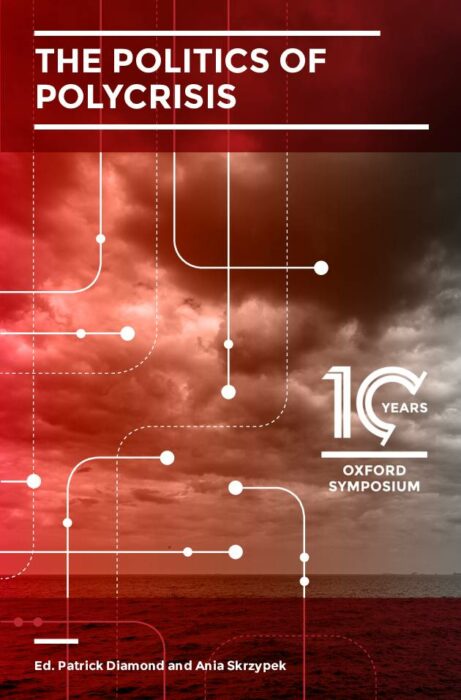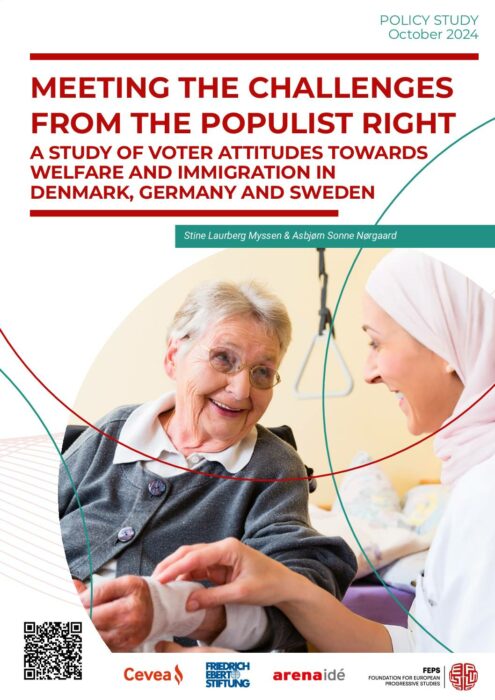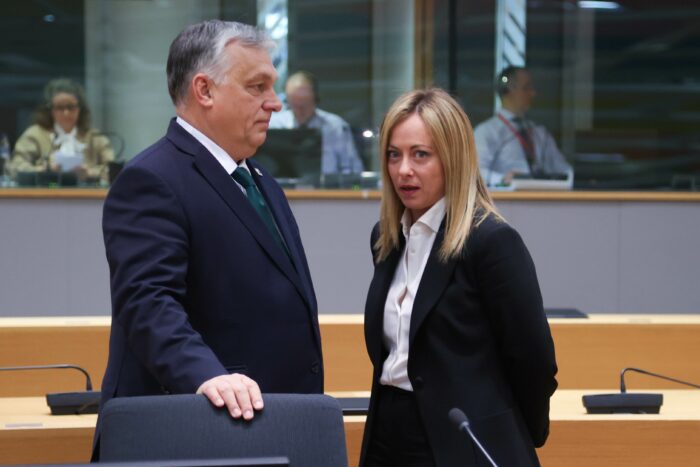Find all related publications
Publications
Find all related Progressive Post
Progressive Post
Find all related events
Events
Past
01 - 03/12/2025
FEPS HQ, Brussels
04 - 06/11/2025
Vilnius, Lithuania (Training)
14 - 16/12/2025
Oxford, United Kingdom (Expert Meeting)
Load more...
Find all related Audiovisual
Audiovisual
26/02/2026
26/02/2026
28/06/2024
28/06/2024
Find all related news
News
Find all related in the media
In the media
“Back to the Future: The Great Reset”
Opinion article by FEPS Vice-President, Lina Gálvez reflecting on the current global crisis marked by rising authoritarianism, digital power and extreme inequality, and tracing its roots through a historical analysis of capitalism — from the post-1945 social and geopolitical settlement led by social democratic forces, through neoliberal financialisation, to what she describes as a new phase of fascist capitalism.
László Andor: «En Hongrie, malgré l’érosion de la popularité d’Orbán, la gauche peine à regagner en crédibilité»
by Le Figaro 25/08/2025














